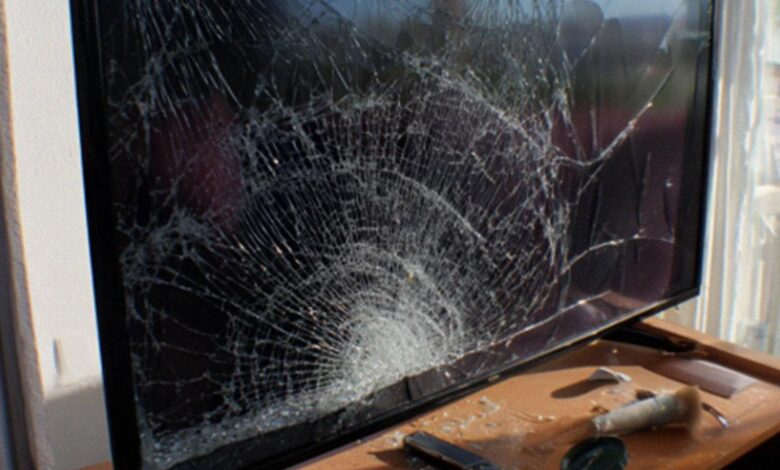She Refused to Pay After Her Kids Broke My TV — Then Karma Came Back Harder Than I Ever Could

When my sister’s kids shattered our brand-new TV — the one my husband and I had saved for months to buy — I assumed she would at least offer to help replace it. Instead, she shrugged, blamed me, and left with her boys like nothing had happened. It wasn’t just about a screen; it was about respect, fairness, and years of being treated as the “quiet sibling” who was expected to absorb everyone else’s chaos. I tried to stay calm, even as I stared at the ruined television we finally allowed ourselves to splurge on. What I didn’t know was that life had a lesson lined up — not for me, but for her.
Our home had just undergone its first real upgrade — new paint, a cozy sofa, and that TV for family movie nights with our five-year-old daughter. So when my sister asked me to watch her two boys “just for a couple hours,” I said yes, hoping this time would be different. Minutes after they arrived, they turned our living room into a mini soccer field. I reminded them gently, then firmly. But one wild kick later, the ball flew, the screen cracked, and silence filled the room. When I told my sister, she barely blinked. “Kids play,” she shrugged. “That’s life. You should’ve watched them better.” It stung — but I let it go.
Three days later, karma didn’t just knock — it kicked the door down. My sister called in a panic: her boys had wrecked her TV, spilled juice on her laptop, and broken her perfume shelf during a phone call she ignored. Suddenly, she understood. She vented, blamed, demanded sympathy. And in that moment, instead of anger, I felt something surprising — peace. I didn’t need revenge. I didn’t need to argue or say “I told you so.” The universe had already done it for me.
Later, she texted a simple apology — maybe out of guilt, maybe out of humility, maybe because she finally recognized how dismissive she’d been. I didn’t hold onto resentment. I just replied kindly and let the moment settle. We still haven’t replaced the TV, and honestly? I don’t mind. Every time I see the empty space on the wall, I’m reminded that setting boundaries matters… and sometimes life teaches the lessons we’re too tired to give ourselves. In the end, the quiet kid finally found her voice — not by shouting, but by letting accountability speak for itself.